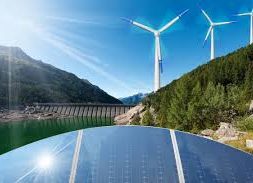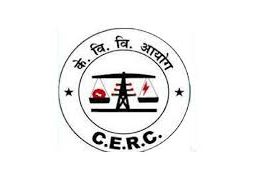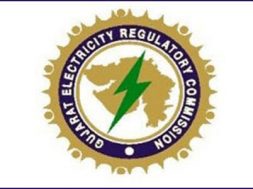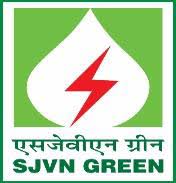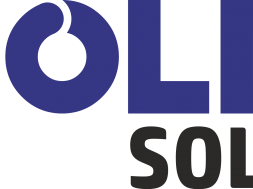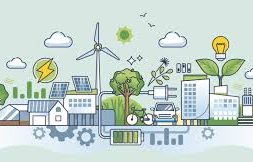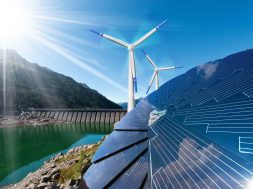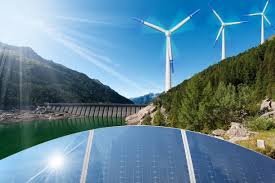
US Announces Tighter Subsidy Norms for Wind and Solar Projects under Trump Administration – EQ
In Short : The Trump administration has tightened subsidy rules for wind and solar projects, aiming to enhance accountability and reduce reliance on federal incentives. While officials stress fiscal discipline, industry players fear the move could stall renewable growth, delay projects, and undermine climate goals. Critics warn the shift risks weakening U.S. competitiveness in the global clean energy race.
In Detail : The Trump administration has introduced stricter rules governing subsidies for wind and solar projects, signaling a major policy shift in the U.S. renewable energy sector. The new framework is aimed at tightening eligibility criteria and revising financial incentives provided to developers. Officials claim the move is intended to ensure more accountability and cost-effectiveness in renewable investments.
Industry stakeholders, however, have expressed concern that the revised norms may slow down the pace of renewable deployment. Several project developers worry that reduced incentives could make upcoming ventures financially unviable. The policy change comes at a time when the U.S. is striving to balance energy transition with domestic energy security.
According to the administration, subsidies for wind and solar have grown substantially in recent years. Officials argue that streamlining support is necessary to avoid over-reliance on federal incentives. They believe this will encourage companies to focus on efficiency and cost competitiveness rather than depending heavily on subsidies.
The renewable industry, on the other hand, insists that subsidies remain crucial for leveling the playing field against fossil fuels. Critics argue that while oil and gas continue to receive long-standing federal support, cutting aid to clean energy may stall progress toward carbon reduction goals. Many warn this could undermine the country’s international climate commitments.
Wind energy companies are particularly concerned as several large-scale projects rely on predictable subsidy flows to remain bankable. Any sudden change in policy could delay or cancel projects already in advanced stages of planning. Solar developers also fear that tighter eligibility criteria could disproportionately impact small and medium-sized firms.
Policy experts suggest that the administration is prioritizing fiscal discipline over climate considerations. The decision reflects broader debates in U.S. politics over the role of government in supporting emerging green technologies. Observers note that this could lead to a slowdown in renewable sector job growth and innovation.
Internationally, the move has raised eyebrows as other countries scale up clean energy investments. Analysts believe this shift could weaken America’s competitiveness in the global renewable race. It may also impact investor confidence in U.S. energy markets, given the unpredictability of subsidy frameworks.
Environmental groups have criticized the administration for backtracking on clean energy support. They argue that stricter rules will hinder the fight against climate change at a critical time. Calls for reconsideration are growing, with advocates urging the government to balance accountability with sustainability goals.
As the debate intensifies, the renewable sector awaits clarity on how the rules will be implemented. Industry leaders hope for a transitional framework that minimizes disruption while ensuring financial stability. The coming months will determine whether the U.S. renewable energy market adapts smoothly or faces significant setbacks under the new subsidy regime.



